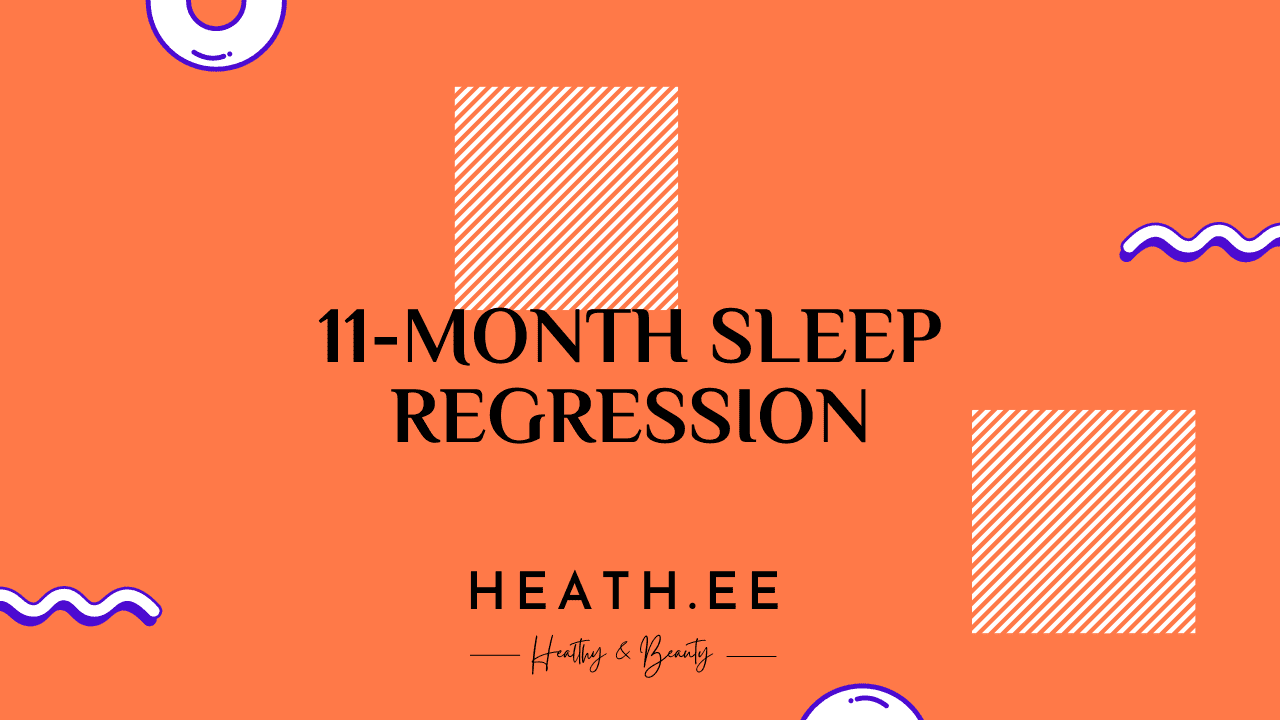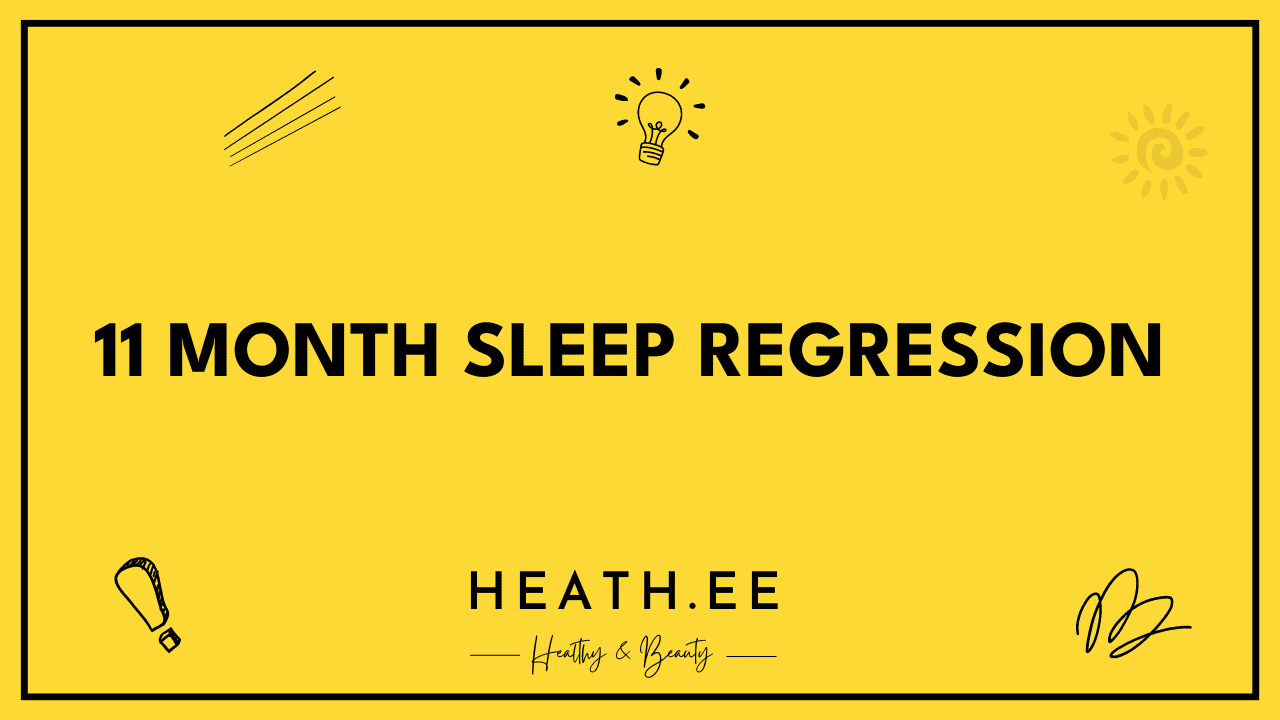It’s no secret that sleep regression is a common issue for many parents. From newborns to toddlers, babies and children often experience periods of disrupted sleep. One of the most common sleep regressions is the 11 month sleep regression. It’s important to understand the causes and effects of this sleep regression so you can help your little one get the sleep they need.
What is 11 Month Sleep Regression?
The 11 month sleep regression is a period of time when a baby’s sleeping patterns change. This regression usually occurs between the ages of 10 and 12 months and can last up to 6 weeks. During this time, babies may start waking up more often during the night, have difficulty falling asleep, and wake up earlier than normal.

Causes of 11 Month Sleep Regression
There are several possible causes of 11 month sleep regression. One of the most common causes is a developmental milestone. As babies grow, they often experience growth spurts which can lead to changes in their sleeping patterns. Additionally, babies may be more easily distracted by their surroundings as they become more aware of their environment. This can lead to difficulty settling down and staying asleep.
Other possible causes of 11 month sleep regression include teething, illness, and changes in routine. Teething can be painful and disruptive for babies, and can cause them to wake up more often during the night. Illness can also cause babies to wake up more often and have difficulty falling back asleep. Finally, changes in routine can lead to babies feeling unsettled and having difficulty getting back to sleep.
Signs of 11 Month Sleep Regression
There are several signs that may indicate 11 month sleep regression. One of the most common signs is increased night waking. Babies may wake up more often during the night and have difficulty getting back to sleep. Additionally, babies may also start to wake up earlier in the morning than they normally do.
Other signs of 11 month sleep regression include difficulty settling down to sleep, increased fussiness, and changes in nap patterns. Babies may also become clingy and need more reassurance than usual before going to sleep.

How to Handle 11 Month Sleep Regression
When it comes to handling 11 month sleep regression, the most important thing is to remain consistent. Establishing a regular bedtime routine can help babies feel more secure and make it easier for them to settle down to sleep. Additionally, it’s important to try to keep your baby’s environment as calm and quiet as possible.
It’s also important to make sure your baby is getting enough rest during the day. If your baby is overtired, they may have difficulty settling down to sleep. Make sure your baby is getting enough naps during the day and that they are not staying up too late.
Finally, it’s important to be patient and understanding. 11 month sleep regression can be stressful for both parents and babies, but it’s important to remember that it’s a temporary phase.
Tips for Helping Your Baby Through 11 Month Sleep Regression
There are several things you can do to help your baby through 11 month sleep regression. Here are a few tips to help your baby get the sleep they need:
-
Establish a regular bedtime routine: Establishing a regular bedtime routine can help babies feel more secure and make it easier for them to settle down to sleep.
-
Make sure your baby is getting enough rest during the day: If your baby is overtired, they may have difficulty settling down to sleep. Make sure your baby is getting enough naps during the day and that they are not staying up too late.
-
Avoid overstimulation: It’s important to try to keep your baby’s environment as calm and quiet as possible. Avoid turning on the lights or playing music during the night.
-
Try a sleep training method: If your baby is having difficulty settling down to sleep, try a sleep training method such as the Ferber Method or the No Cry Sleep Solution.
-
Be patient and understanding: 11 month sleep regression can be stressful for both parents and babies, but it’s important to remember that it’s a temporary phase.
When to Seek Help for 11 Month Sleep Regression
If your baby is having difficulty sleeping and you’ve tried all of the tips above, it may be time to seek help. Talk to your pediatrician or a sleep specialist to discuss your baby’s sleep issues and to get advice on how to help your baby get the sleep they need.
Conclusion
11 month sleep regression can be a difficult time for both parents and babies. It’s important to understand the causes and effects of this sleep regression so you can help your little one get the sleep they need. Establishing a regular bedtime routine, making sure your baby is getting enough rest during the day, avoiding overstimulation, and trying a sleep training method can all help your baby get the sleep they need. If you’ve tried all of these tips and your baby is still having difficulty sleeping, it may be time to seek help from a pediatrician or a sleep specialist.



